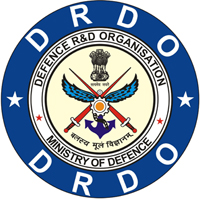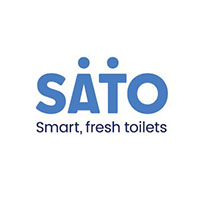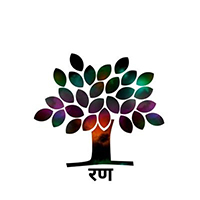Partners
Defence Research & Development Organisation (DRDO) works under Department of Defence. DRDO is dedicated towards enhancing self-reliance in Defence Systems and undertakes design & development leading to production of world class weapon systems and equipment in accordance with the expressed needs and the qualitative requirements laid down by the three services.
DRDO is working in various areas of military technology which include aeronautics, armaments, combat vehicles, electronics, instrumentation engineering systems, missiles, materials, naval systems, advanced computing, simulation and life sciences. DRDO while striving to meet the Cutting edge weapons technology requirements provides ample spin-off benefits to the society at large thereby contributing to the nation building.
DRDO is working in various areas of military technology which include aeronautics, armaments, combat vehicles, electronics, instrumentation engineering systems, missiles, materials, naval systems, advanced computing, simulation and life sciences. DRDO while striving to meet the Cutting edge weapons technology requirements provides ample spin-off benefits to the society at large thereby contributing to the nation building.

LIXIL is at the forefront of a movement addressing this pressing global problem. A solution that has already been commercialized is the affordable plastic SATO (Safe Toilet) series. SATO offers safe, affordable, and durable solutions for a better and more hygienic toilet experience.
These smart and affordable toilet solutions are already trusted and used by over 6 million people in 14 countries in Africa and Asia. By mid-2016, over 1 million SATO units have been installed in over 14 countries. Of these, some 500,000 SATO toilets were donated to nongovernmental organizations for installation in homes and schools in Bangladesh, and another 300,000 have been sold in Bangladesh for as little as $2 each.
These smart and affordable toilet solutions are already trusted and used by over 6 million people in 14 countries in Africa and Asia. By mid-2016, over 1 million SATO units have been installed in over 14 countries. Of these, some 500,000 SATO toilets were donated to nongovernmental organizations for installation in homes and schools in Bangladesh, and another 300,000 have been sold in Bangladesh for as little as $2 each.

Since the inception RannBhoomi Foundation, has organised many awareness & vaccination camp in partnership with Max India Foundation on Hepatitis in New Delhi, Madhya Pradesh &Uttrakhand. RannBhoomi has immunised several hundred children (6 to 16 years) who don’t qualify for govt immunisation program. Hepatitis is a water borne disease and the ground water contamination is major cause of the same.
RannBhoomi has started initiatives to create awareness, education and knowledge among the people on Hepatitis B and C through IEC (Information, Education and Communication) and BCC (Behavioural Change Communication) programmes.
- To improve health of the people through general health check-up and vaccination camps.
- To provide free primary healthcare facilities. Services include primary healthcare and preventive awareness, as well as referral of cases that require attention beyond primary healthcare.
RannBhoomi has started initiatives to create awareness, education and knowledge among the people on Hepatitis B and C through IEC (Information, Education and Communication) and BCC (Behavioural Change Communication) programmes.
- To improve health of the people through general health check-up and vaccination camps.
- To provide free primary healthcare facilities. Services include primary healthcare and preventive awareness, as well as referral of cases that require attention beyond primary healthcare.





